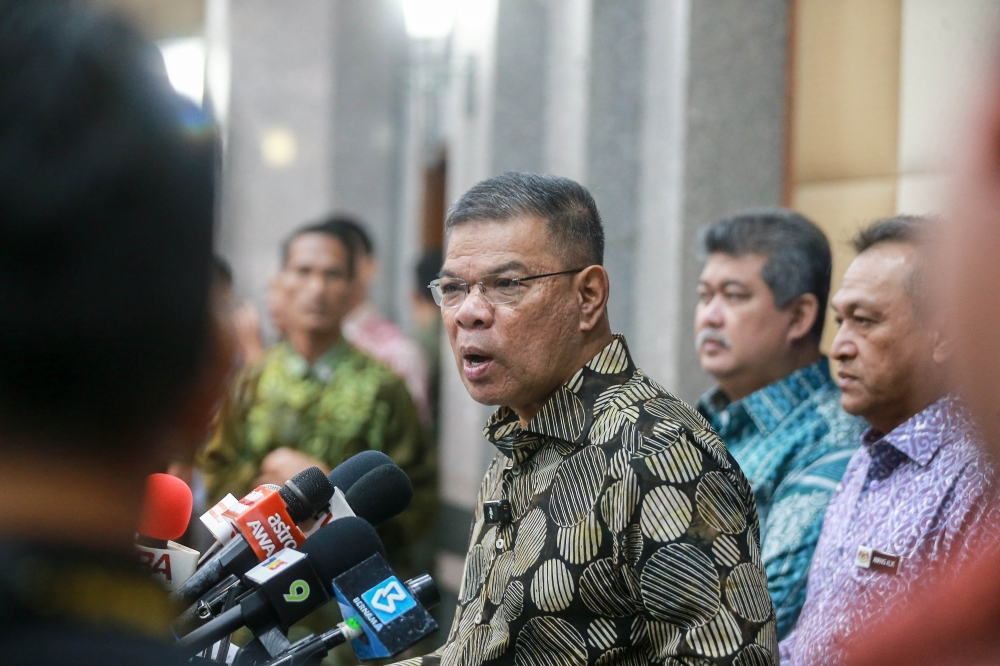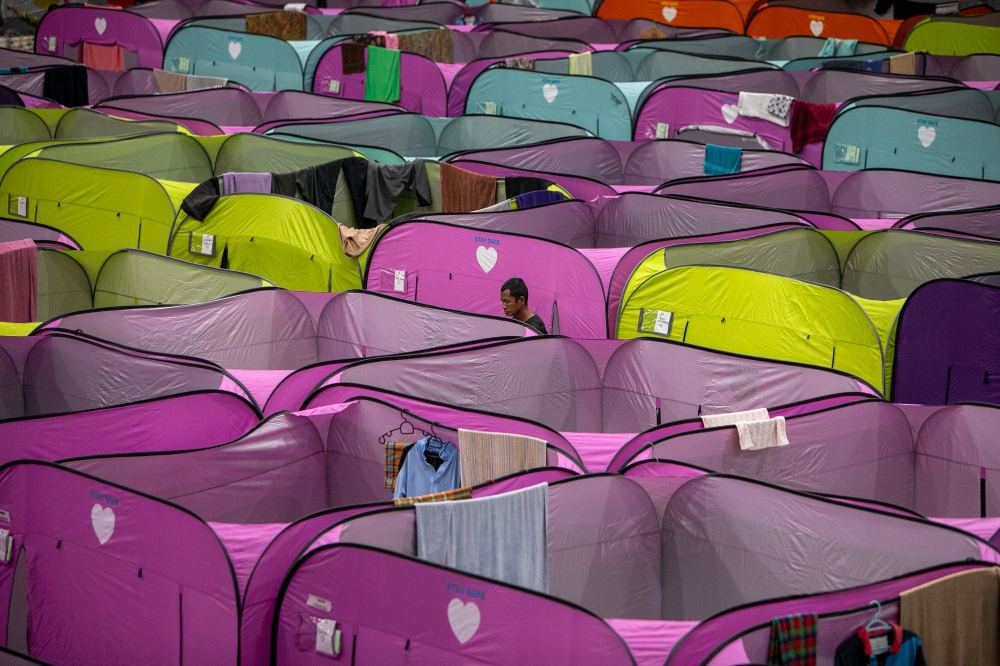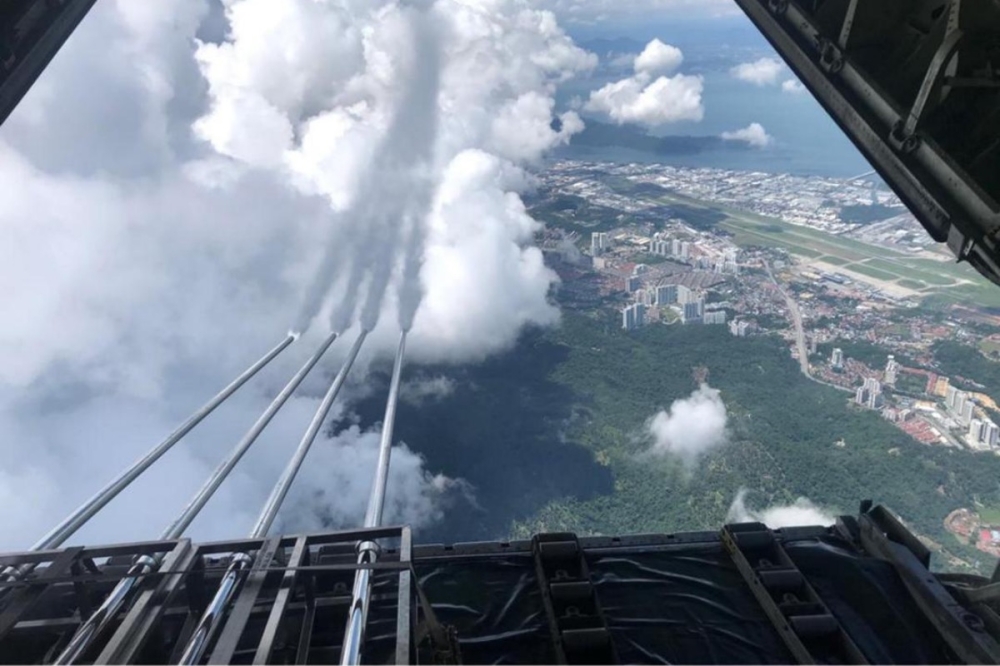KUALA LUMPUR, Aug 30 — The Human Resources Ministry has published new rules for the minimum standards that employers must follow from September 1 if they provide housing for their employees, the failure of which will result in a fine of up to RM50,000.
In a new set of regulations made on August 27 by Human Resources Minister Datuk Seri M. Saravanan, a list of minimum requirements for accommodation provided by employers to their employees include basic items such as where fans and lamps have to be provided.
The new regulations, which will kick in on September 1, requires employers and centralised accommodation providers to provide these three items to every employee staying in the provided accommodation:
1. A single bed measuring not less than 1.7 square metres. And if a double-decker bed is provided, the space between two beds shall not be less than 0.7 metres.
2. A mattress at least four inches thick, a pillow and a blanket
3. A locked cupboard (measuring a minimum 0.35 metres long, 0.35 metres wide, 0.9 metres high) for the safe custody of the employee’s valuables including passport which may be accessible by the employee at any time.
For these three items, the government regulations stressed that these are not to be shared among the employees.
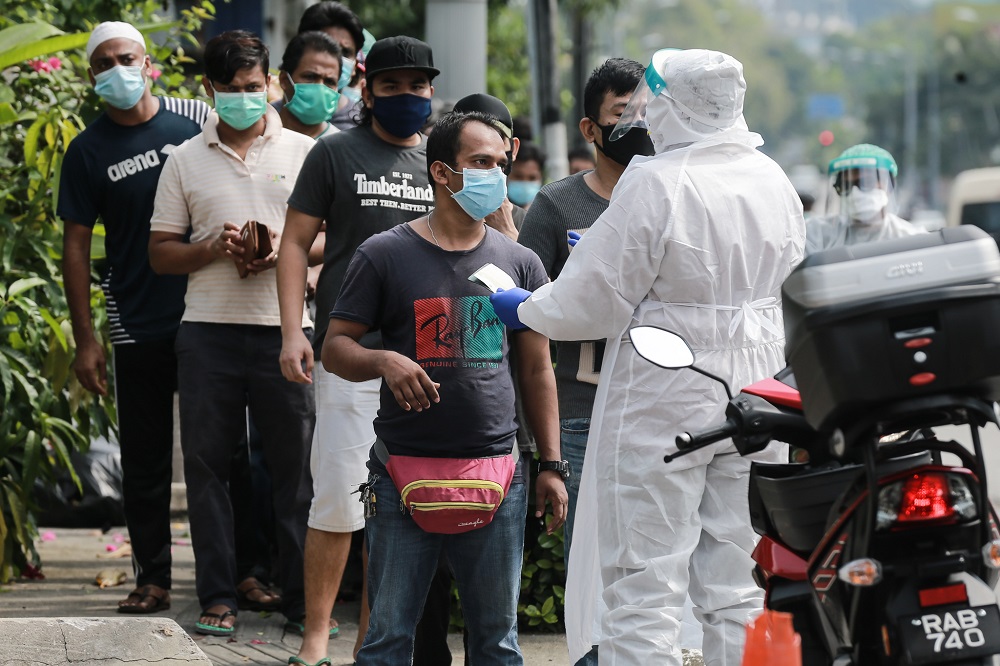
The employer or centralised accommodation provider is also required to ensure there is water and electricity supply in the accommodations provided to the employees.
The same set of regulations also specified the provision of “bedroom” with minimum floor area of 3.6 square metres for each employee if the provided accommodation is not a dormitory, and a “sleeping area” with minimum floor area of three square metres for each employee if the provided accommodation is a dormitory.
The regulations also specified the very minimum that must be met in employer-provided accommodation or accommodation provided by centralised accommodation providers, whether the employees are housed in a dormitory or not.
This includes the provision of a kitchen area and a dining area with chairs and tables.
But most importantly, the maximum number of employees sharing a bathroom and toilet was also specified as six employees (if not a dormitory) or 15 employees (if a dormitory).
These new regulations are titled Employees’ Minimum Standards of Housing, Accommodations and Amenities (Accommodation and Centralized Accommodation) Regulations 2020 and were gazetted by the government on August 28.
According to the same regulations, a centralised accommodation provider who breaches the minimum standards set for employees’ housing commits an offence, which is punishable upon conviction by a maximum RM1,000 fine, or a maximum six-month jail term, or both.
Employers who fail to comply with such minimum standards in the regulations when providing a place to stay for their employees also commit an offence.
Although the punishment for employers is not directly stated in the regulations, Saravanan had on August 27 said that employers who fail to comply with standards set under the amended Workers’ Minimum Standards of Housing and Amenities Act 1990 (Act 446) — which will be fully enforced on September 1 — could face a maximum fine of RM50,000 for each offence.
Why this is important
Prior to these new regulations being introduced, Health director-general Tan Sri Dr Noor Hisham Abdullah had in May pointed out that cramped and congested living conditions for foreign workers could have led to the spread of Covid-19 among them, and said employers may have only focused on workplace conditions instead of their employees’ housing conditions as well.
The Health Ministry had however also consistently said that foreigners are not discriminated in terms of healthcare, and had also provided screening and treatment for them in efforts to curb the spread of Covid-19.
On May 27, Saravanan acknowledged that migrant workers are among the groups that are most exposed to the Covid-19 outbreak as many of them live in very small and cramped spaces.
Saravanan had at that time said that the government would defer the enforcement of new amendments to the law — that contained improved rules on living conditions in employer-provided housing — that was initially scheduled for June 1, to the new date of September 1 to enable employers to make the necessary preparations.
Other new rules
Apart from the regulations on minimum housing standards in employer-provided accommodation, Saravanan on August 27 also made another new regulation titled Employees’ Minimum Standards of Housing, Accommodations and Amenities (Maximum Rental or Charges for Accommodation) Regulations 2020.
In these new regulations which will also come into effect on September 1, the minister said that the maximum rental or accommodation charges that an employer can collect from an employee is RM100.
.jpg)
Any employer who breaches the maximum accommodation rental of RM100 per employee commits an offence.
And in yet another set of regulations also made by Saravanan on August 27 and also kicking into effect on September 1, he listed out the amount of non-refundable processing fees that have to be paid when applying for a Certificate for Accommodation, depending on the number of employees in the accommodation provided.
The processing fees are RM100 for an application for a Certificate for Accommodation for each accommodation housing not more than 10 employees, and RM300 for each housing more than 10 employees.
While for each centralised accommodation housing not more than 500 employees, the processing fees for each application for such a certificate is RM2,000. The processing fee is RM5,000 if the centralised accommodation houses more than 500 employees.
Other requirements under the Act
Under the Workers’ Minimum Standards of Housing and Amenities Act 1990 which was amended in 2019 to impose a harsher fine of RM50,000 on non-compliant employers and with the amendments to be fully enforced on September 1, extensive rules were introduced including the requirement for a Certificate for Accommodation if accommodation is provided to employees.
Providing accommodation to employees without a Certificate for Accommodation is an offence, with an employer who does so to be punished with a maximum RM50,000 fine, while a centralised accommodation provider who commits the offence faces a maximum RM50,000 fine or maximum one-year jail term or both, the amendments state.
Among other things, the amended Act also requires the provided accommodation to meet minimum standards, while the use of buildings “unfit for human habitation” as accommodation for employees is punishable by a maximum RM50,000 fine.
An employer or centralised accommodation provider is also required to provide “decent and adequate amenities”, under the amended Act.
Under the amended Act, an employer or centralised accommodation provider also has the duty and responsibility to provide separate accommodations to employees of different genders, take necessary preventive measures to ensure employees’ safety and wellbeing, take fire safety measures and ensure electrical wiring systems comply with safety requirements.
They are also required to ensure that employees receive the necessary medical assistance, besides taking preventive measures to contain the spread of infectious diseases, and the employer should also arrange at his own expense for any or all of the employees to be given immunisation against any infectious disease as ordered by health authorities.
Previously on May 27, Saravanan had said the amended Act — now known as the Employees’ Minimum Standards of Housing, Accommodations and Amenities Act 1990 — would apply to Peninsular Malaysia and the federal territory of Labuan and be enforced fully from September 1.
He had also said that the amended Act would apply to all sectors where housing and accommodation is provided to employees, instead of just the mining sector and for plantations exceeding 20 acres in the original Act.
He had at that time expressed hope that the enforcement of the amended Act and new regulations on the standards for employees’ living conditions would help curb the spread of the Covid-19 disease.


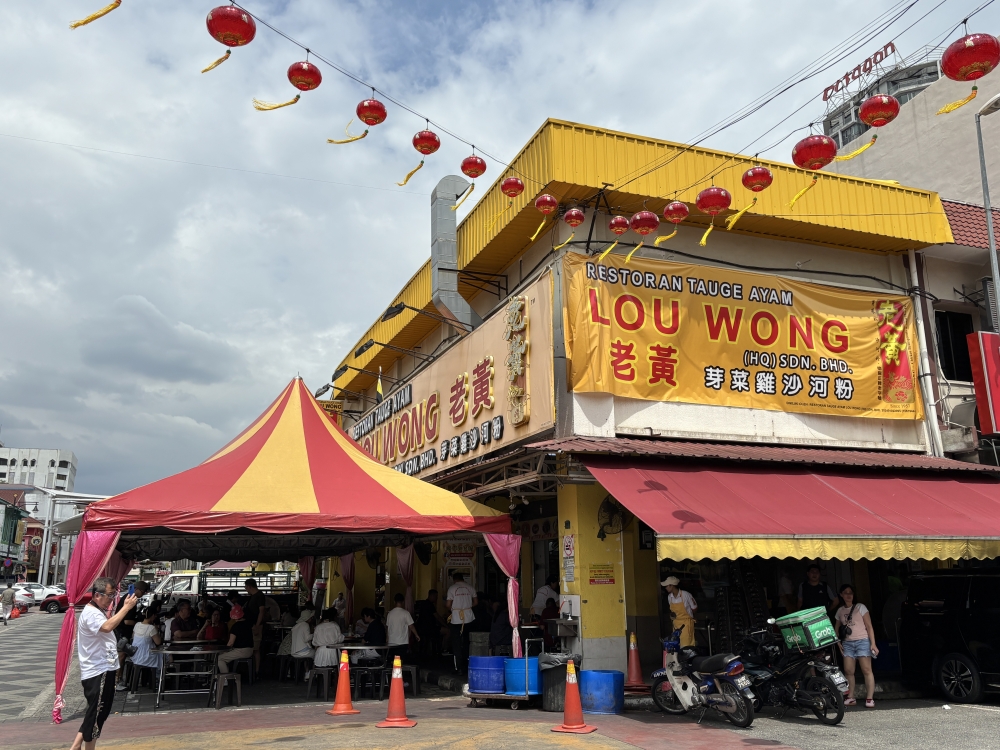
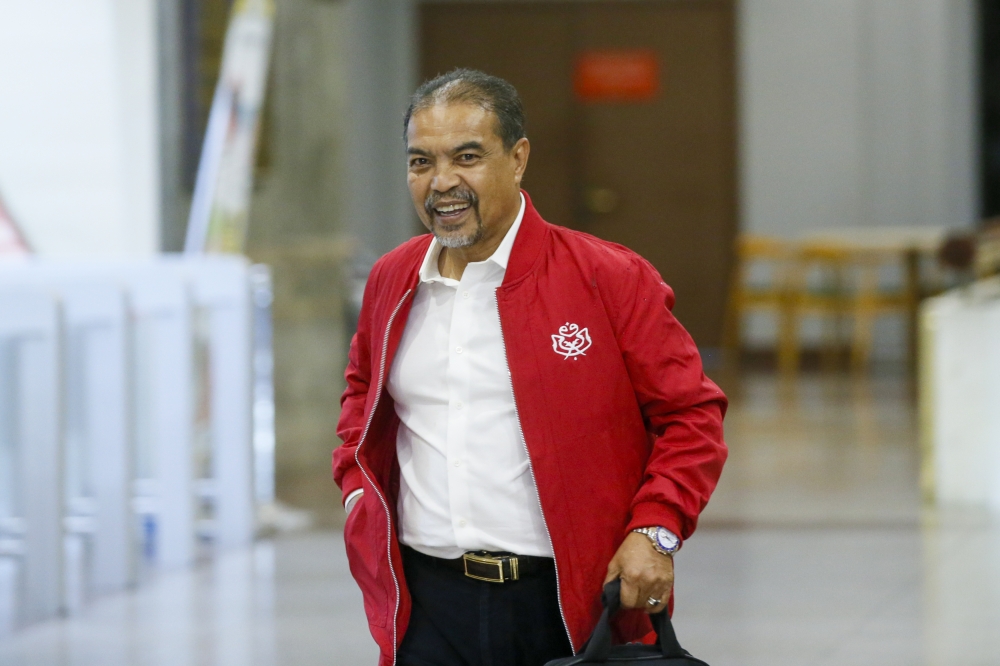
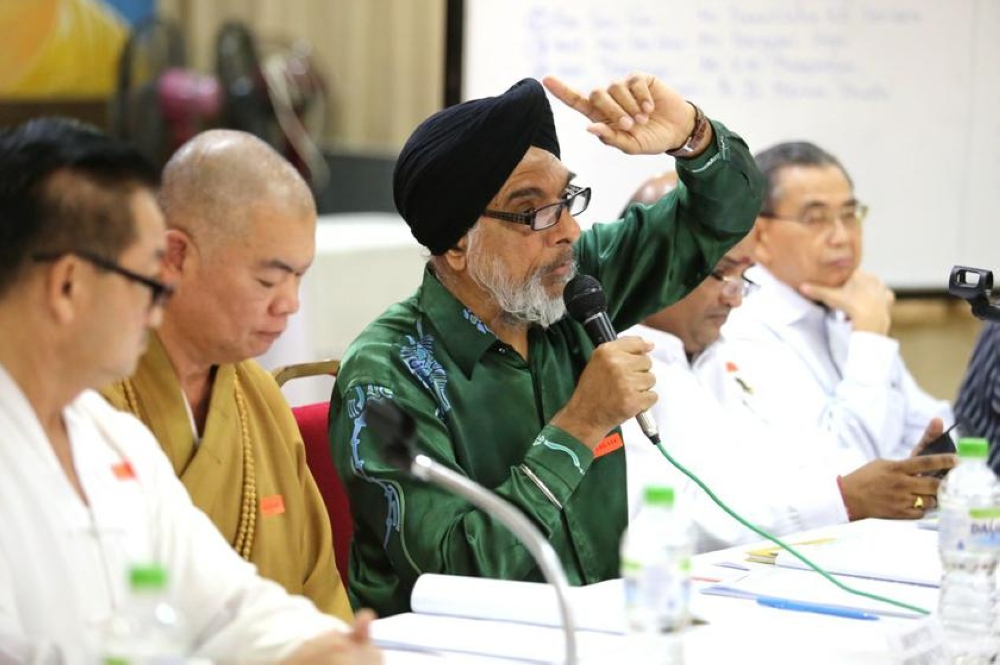
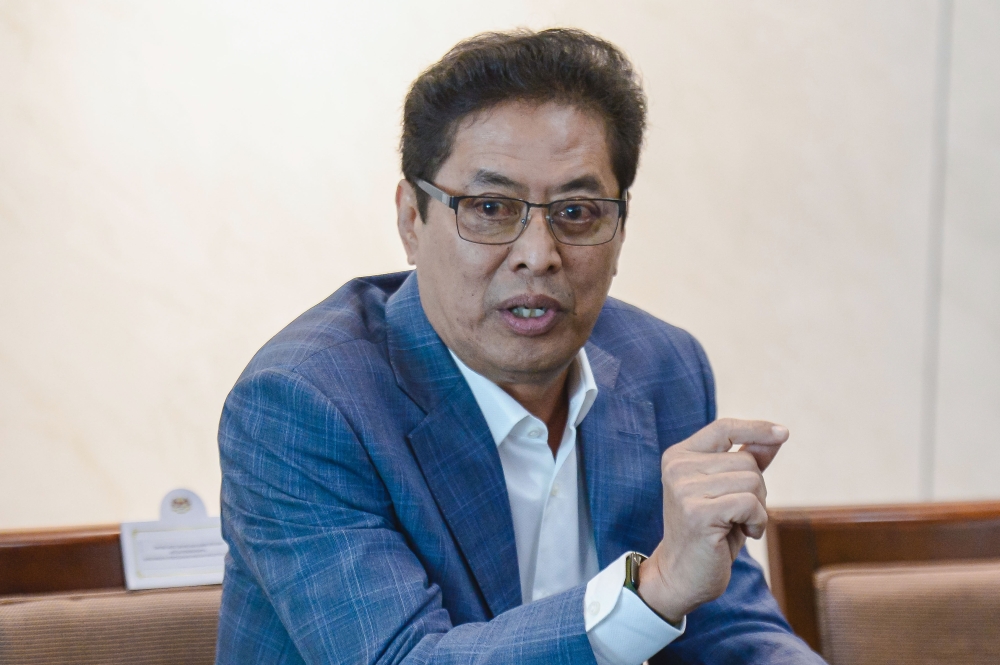

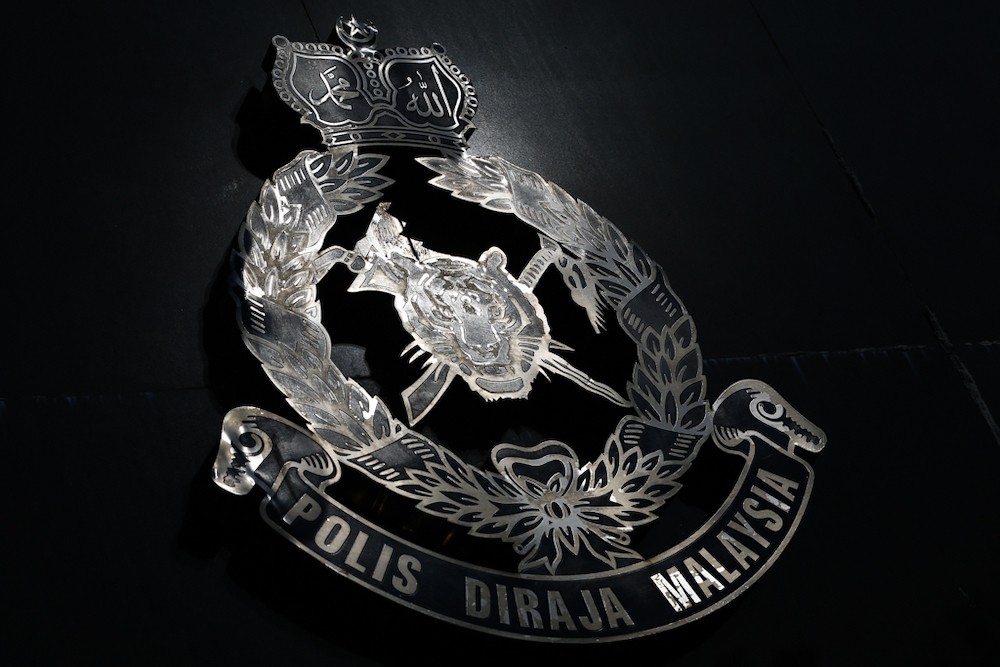
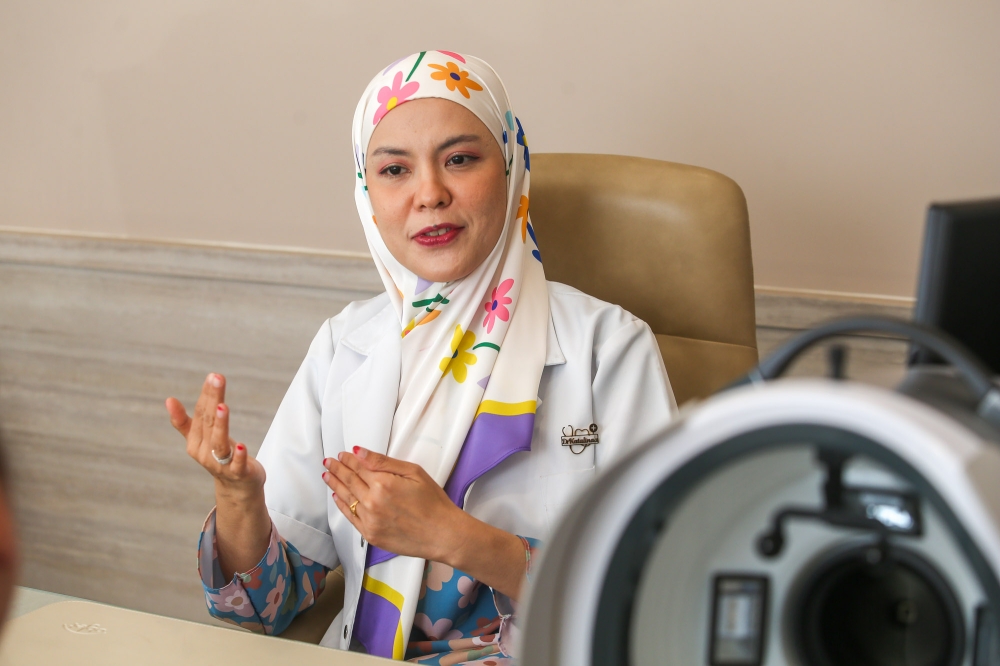
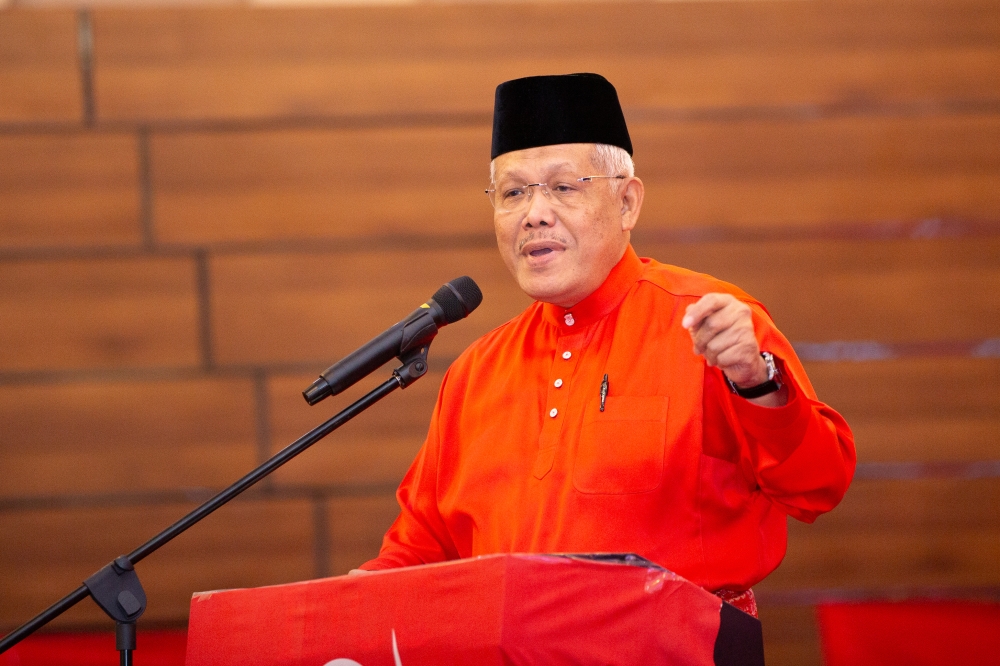
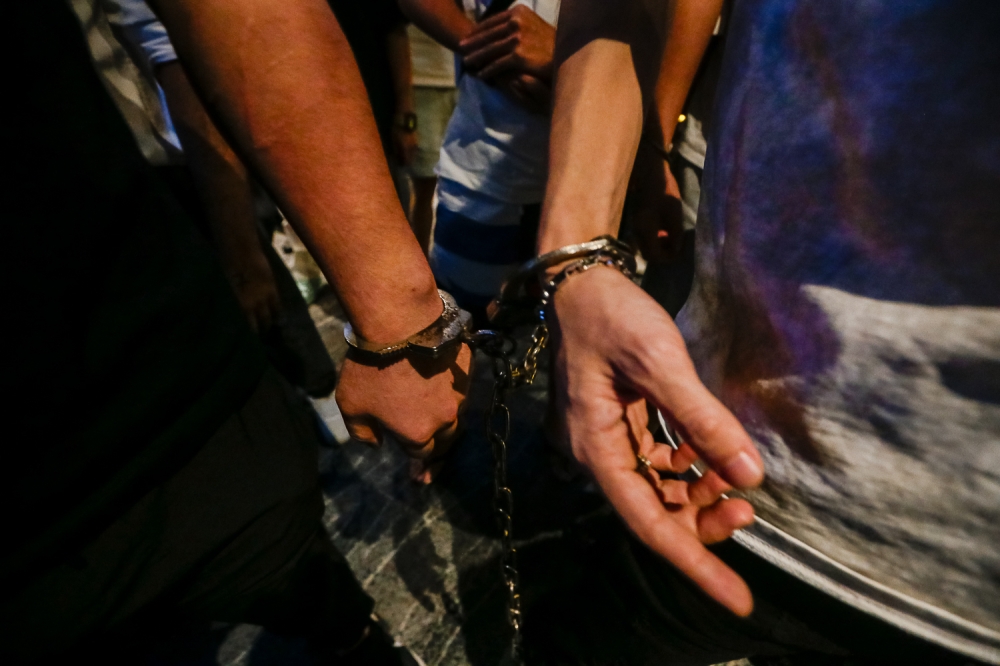

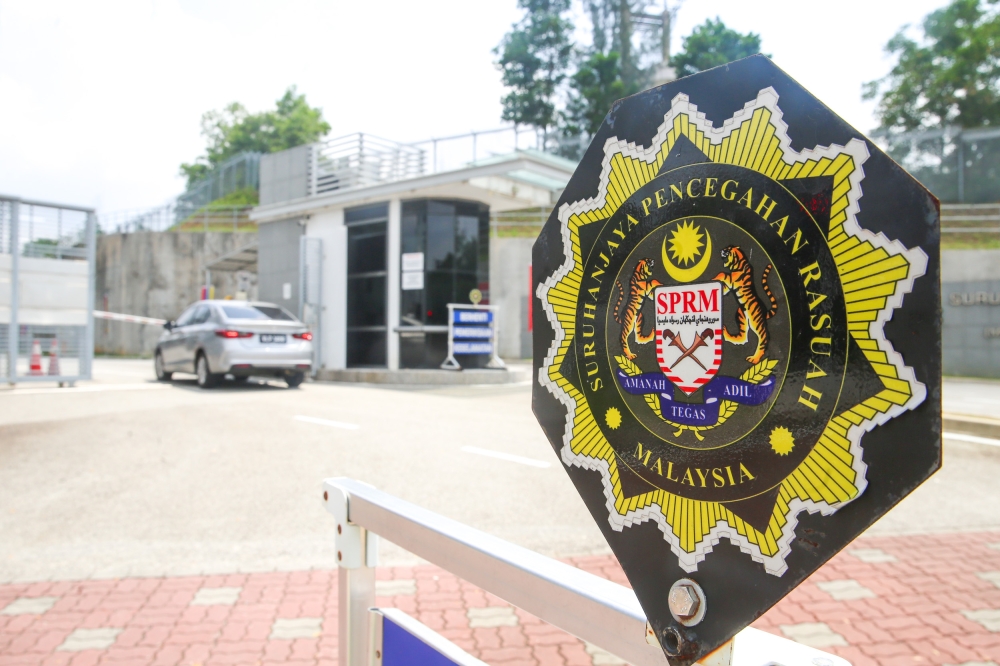
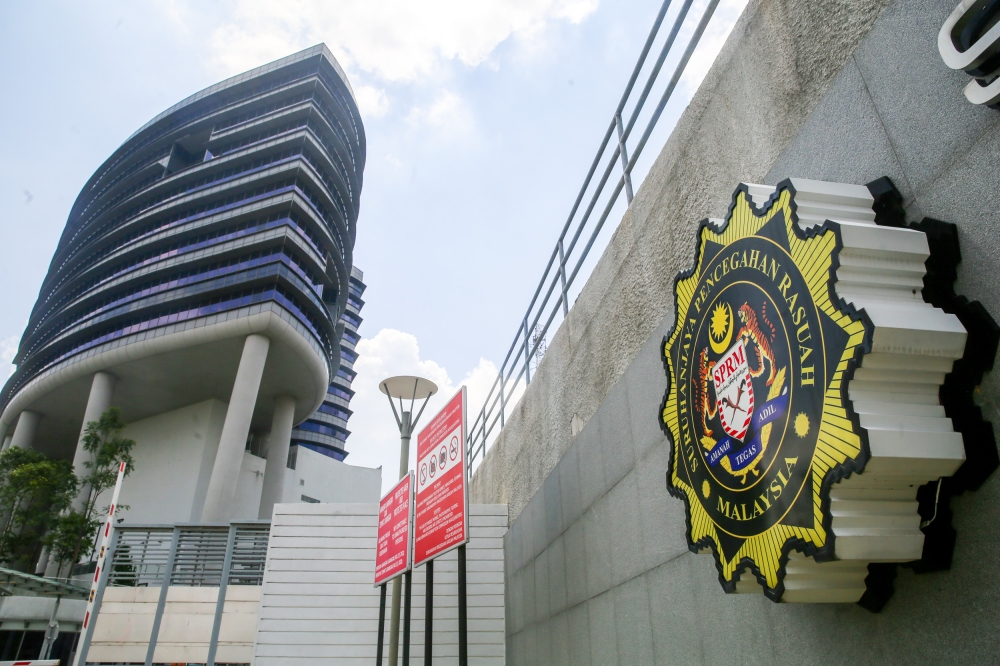
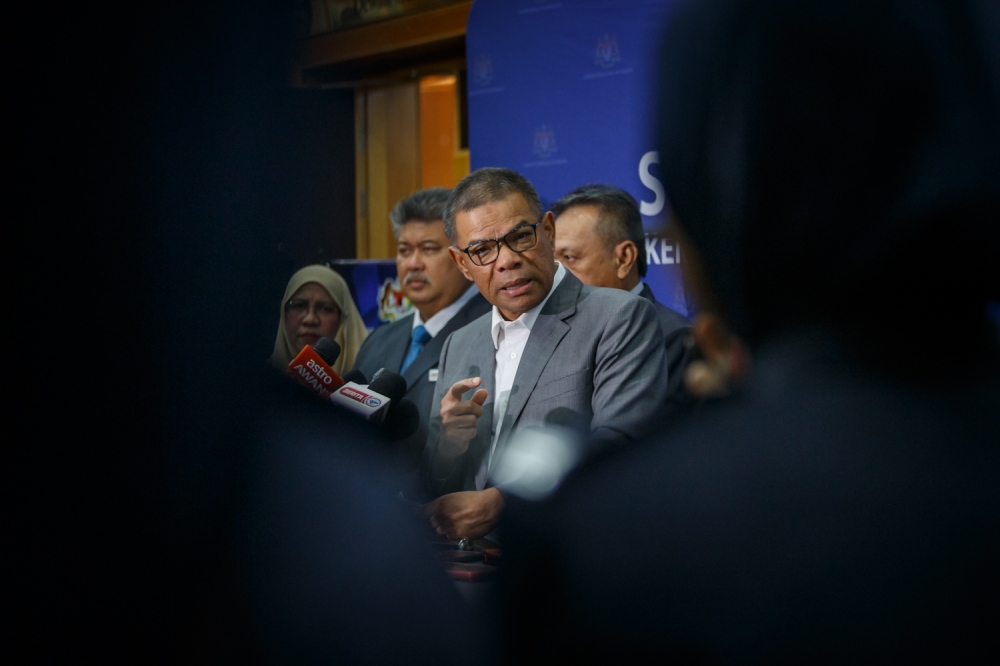
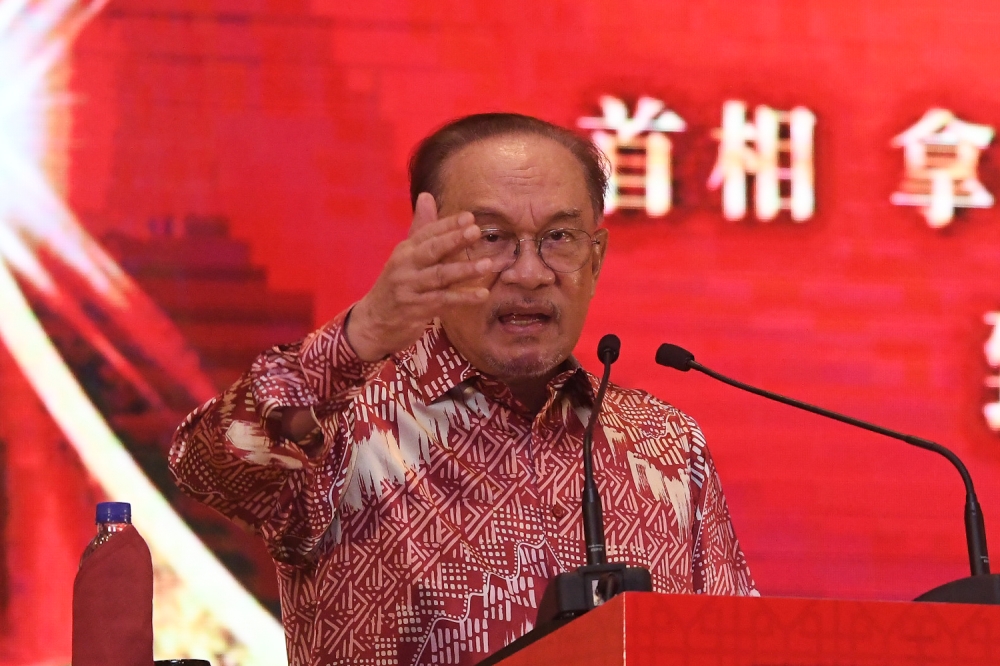
.jpg)
